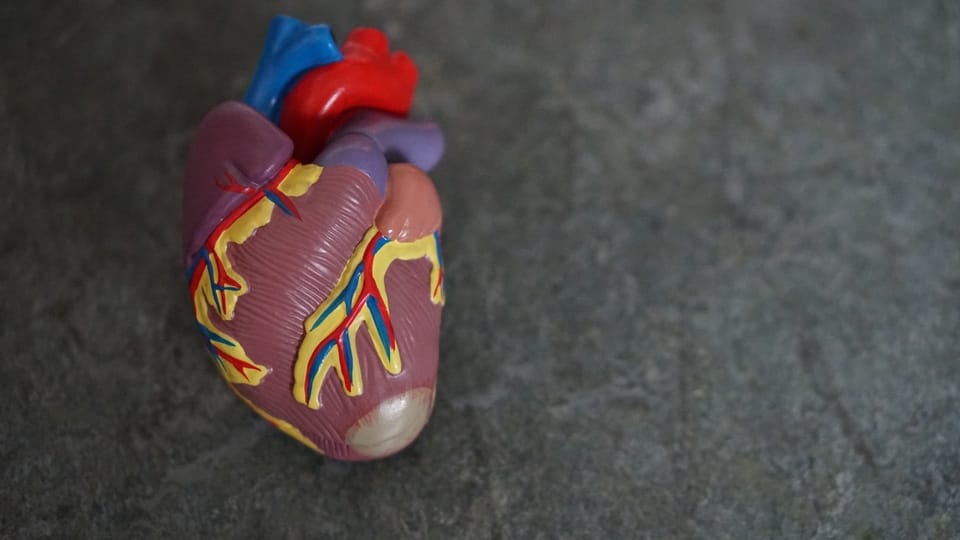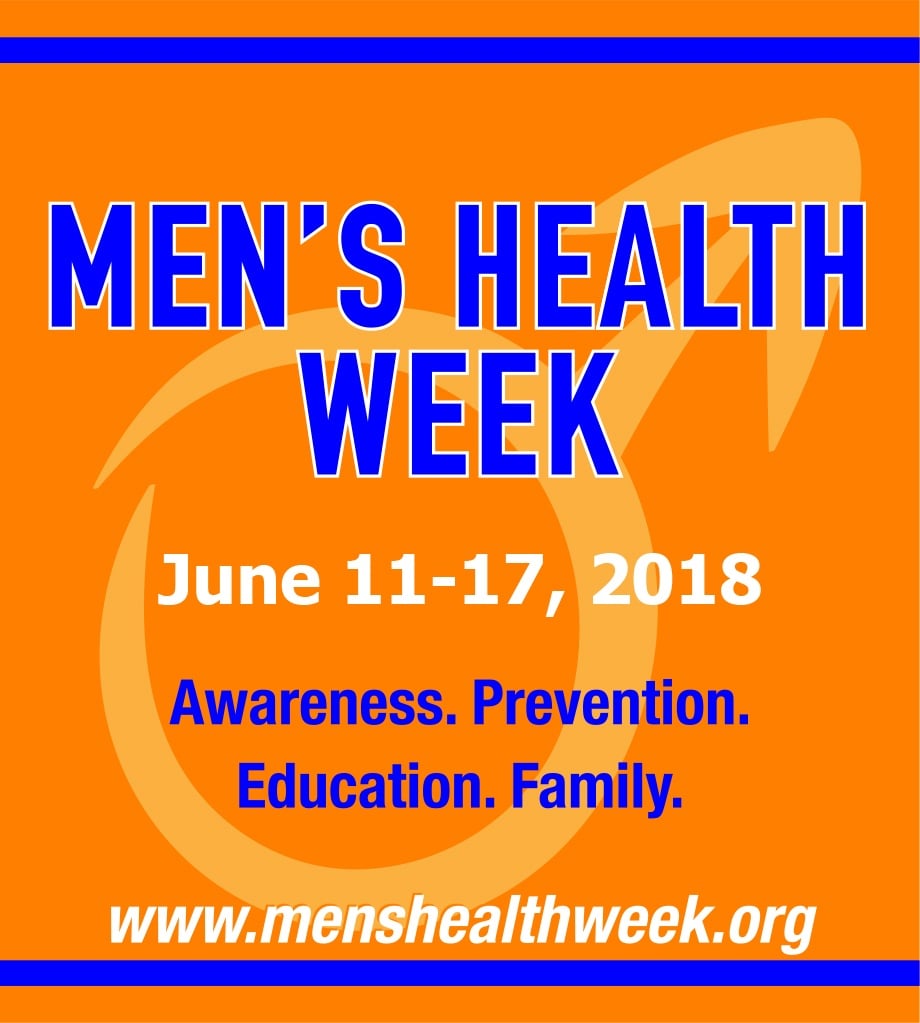7 Ways to Boost Your Immune System During the Coronavirus Pandemic
Apr 7, 2020 3:30:00 PM Posted by Iowa Radiology
In a time when so much seems beyond our control, we want to control what we can. While it’s likely that many Americans will contract the coronavirus, the severity of any individual’s illness is difficult to predict. One thing we...
5 Tips for Lowering Your Risk of Heart Disease
Mar 23, 2020 6:15:00 PM Posted by Iowa Radiology
Heart disease is the leading cause of death for both women and men in the U.S., accounting for approximately 25% of all deaths. Fortunately, many of the factors that contribute to heart disease are within your control. You can...
Am I at Risk for Heart Disease?
Feb 11, 2020 3:36:40 PM Posted by Iowa Radiology
Cardiovascular disease is the leading cause of death in the U.S., accounting for one in four deaths. Last year, the American Heart Association reported that a staggering 48% of Americans are living with some form of...
November Is National Family Caregivers Month!
Nov 18, 2019 10:50:00 AM Posted by Iowa Radiology
Since 1997, November has been recognized in the U.S. as National Family Caregivers Month. At this time each year, we honor the everyday heroism of the more than 40 million Americans who serve this role. The AARP Public Policy...
Fibrocystic Changes in the Breast
Mar 25, 2019 12:29:00 PM Posted by Iowa Radiology
Although it’s important to be aware of changes in your body—particularly if they may indicate cancer—it’s also important to realize that our bodies go through plenty of normal, healthy changes throughout our lives. For women,...
What Should I Know About Breast Health?
Feb 9, 2019 5:01:00 PM Posted by Iowa Radiology
Because 1 in 8 women will develop invasive breast cancer in her lifetime, it’s important to understand the basics about breast health. Breast cancer is the second leading cause of cancer death among women in the U.S., claiming...
What Is a Fibroadenoma, and How Does It Affect My Health?
Dec 10, 2018 12:55:00 PM Posted by Iowa Radiology
What are fibroadenomas?
Fibroadenomas are the most common type of breast mass. They are benign and typically affect women in their 20s and 30s but can be found at any age. Juvenile fibroadenomas are the most common type of breast...
Why Do I Have Breast Pain?
Aug 14, 2018 3:41:00 PM Posted by Iowa Radiology
Although breast pain can be worrying as well as uncomfortable, it is not typically a sign of breast cancer. The most common cause of painful breasts is a fluctuation in hormones, but a number of other conditions can also be at...
June 11–17 Is National Men's Health Week!
Jun 11, 2018 8:25:00 AM Posted by Iowa Radiology
Since 1994, the U.S. has recognized National Men’s Health Week in order to raise awareness of preventable disease in men and boys as well as the benefits of early detection and treatment. The joint resolution that established...
Celebrate Life on National Cancer Survivors Day
Jun 2, 2018 11:57:00 AM Posted by Iowa Radiology
National Cancer Survivors Day, recognized on the first Sunday in June, is an annual celebration of life for those who have been touched by cancer. It’s a time for cancer survivors to connect, celebrate victories, and raise...











